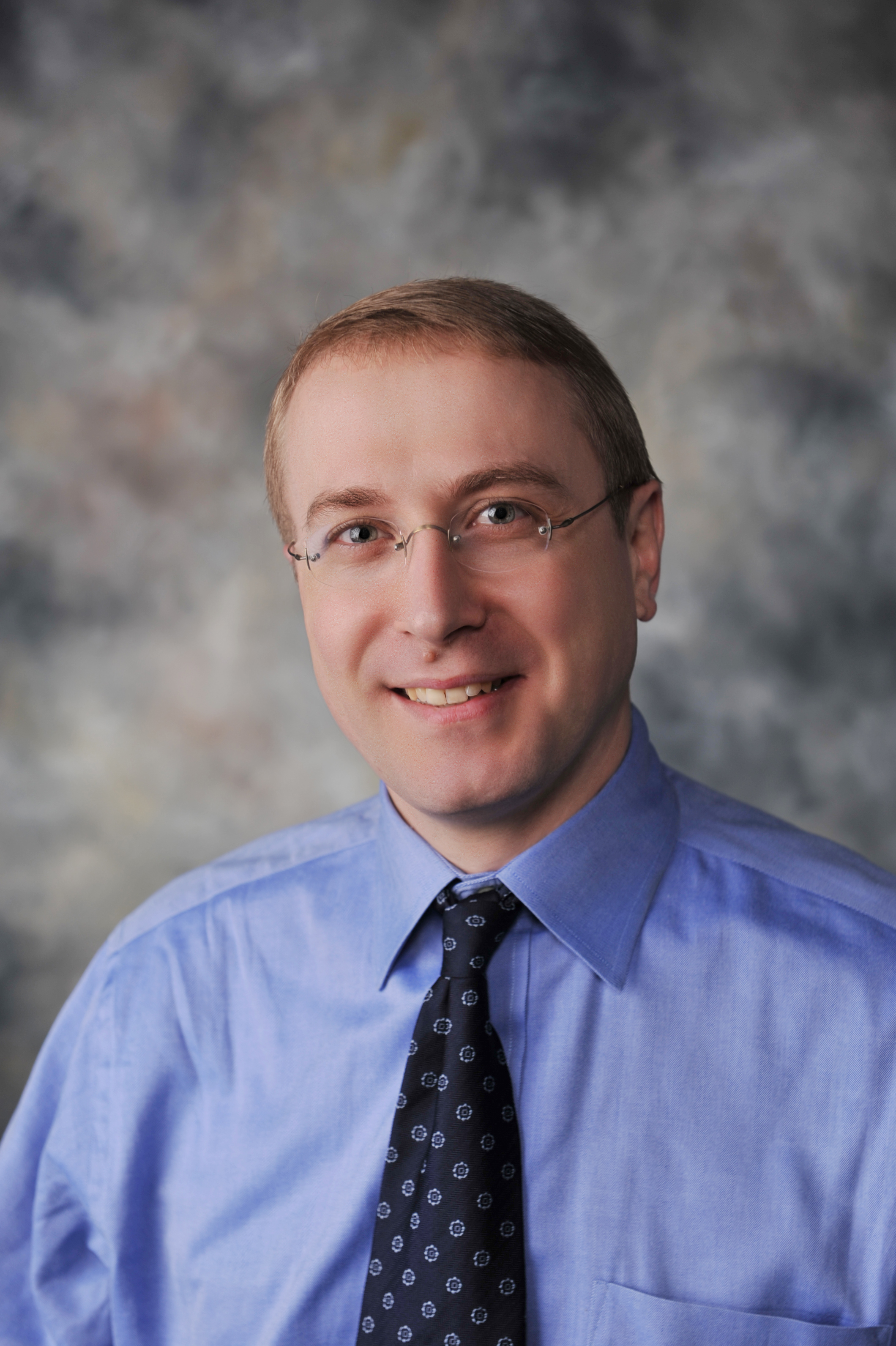
Division Director, Pediatric Nephrology
You are the new Division Director of Nephrology. Can you explain this role and why you were interested in joining the University of Michigan?
I joined our department as Division Director of Nephrology in 2023, having previously spent time here for a research fellowship. Having been familiar with our institution years prior, I was motivated to apply for the position and have an opportunity to lead a dynamic team of experienced and motivated faculty members.
In this role, I support the ambitions and ideas of some of our newest faculty members while ensuring that we work together as a team and lean on some of our most seasoned faculty. Clinically, my goal is to provide the best clinical care and individualized solutions for our patients.
What interested you in medical school, and can you share some of your medical training history?
I grew up in Germany with a family of engineers. Figuring out how things work runs in our family. Unlike the rest of my family, I have always been fascinated by the mechanisms of how our bodies work. I’ve always been eager to contribute to improving our understanding of the body, and becoming a physician allowed me this opportunity.
I obtained my medical degree from Johannes Gutenberg University in Germany, later completing pediatric residency and fellowship in both Europe and the United States. When I chose to move to the United States, I had to repeat my training over again and went from one of the youngest Assistant Professors in Cologne to one of the eldest interns in my class at UT Southwestern in Dallas. Although I had to repeat training, I am grateful for the knowledge it has given me and believe it has made me a stronger physician and researcher.
Was there a difference in training between Europe and the United States?
Many things were similar in our training. But I’ve found that training twice has taught me that there are multiple ways to approach outcomes. Training in Europe and The United States broadened my horizons!
What goals or visions do you have for the Nephrology Division?
We have several clinical goals, the first being the implementation of an additional renal replacement therapy, which would allow us to treat smaller babies. We would like to expand our fetal consult service and establish a nephrology genetics clinic.
On the other end of the spectrum, I’d like to continue to hold a diverse, well-trained, and highly motivated group of nephrologists. I want to focus on expanding our clinical, translational, and basic science research.
In addition, some of our goals include supporting the next generation of investigators and further improving our recognition and standing in the field.
What, if any, research do you participate in?
Nephrology is the subspecialty with the lowest number of new drugs and therapies. This is a major obstacle and can be due to the availability of dialysis. Dialysis is a blessing and a curse. It helps our patients to survive but it also alleviates the pressure to identify alternative treatment options. Over the years, we have learned that dialysis is not a great treatment option and can reduce the patient's life expectancy. Therefore, it is paramount to work on the development of new therapies and new drugs targeting the underlying kidney disease.
My lab works on an NIH-funded project to develop a new compound for a rare genetic kidney disease. We just completed the screening of more than 350,000 small molecules and are now refining the number of candidate compounds. By evaluating natural compounds with a colleague at UT Southwestern, we also want to identify a new therapy for acute kidney injury.
In a different line of research, my laboratory also studies the function and regulation of calcium and magnesium ion channels along the kidney tubules. This affects the possibility of developing kidney stones and may modify type 2 diabetes mellitus.
What else should we know about your roles/interests professionally?
I have my lab supported by the NIH and the Department of Defense. But I want to make sure that I am not “hiding” in my lab. I love patient care and enjoy facing new challenges in the clinical setting.
My passion is to advance drug development and education for the next generation of kidney doctors. Those are the two largest obstacles in our field.
Additionally, I’m engaged in the academic environment and review manuscripts and grants. I am also a section editor of the journal “Pediatric Nephrology” and participate as an expert for cystic kidney disease and ciliopathy for the clinical genome resource in the kidney.
What makes our Department, and the broader university an ideal place to work?
My wife and I trained at the University of Michigan in the early 2000s, and I always felt “at home” here. After spending several years in Texas, I felt it was the right time to come back. U-M has great resources, a wonderful Children’s Hospital, and outstanding clinicians to work with. These were all great reasons for us to return.
Finally, what do you enjoy doing outside of work?
I enjoy the company of my wife and our cats. I love listening to music. We often go to the Hill Auditorium in Ann Arbor. If time permits, I enjoy playing the piano. My wife and I also love to eat at new restaurants in Detroit and Ann Arbor!



